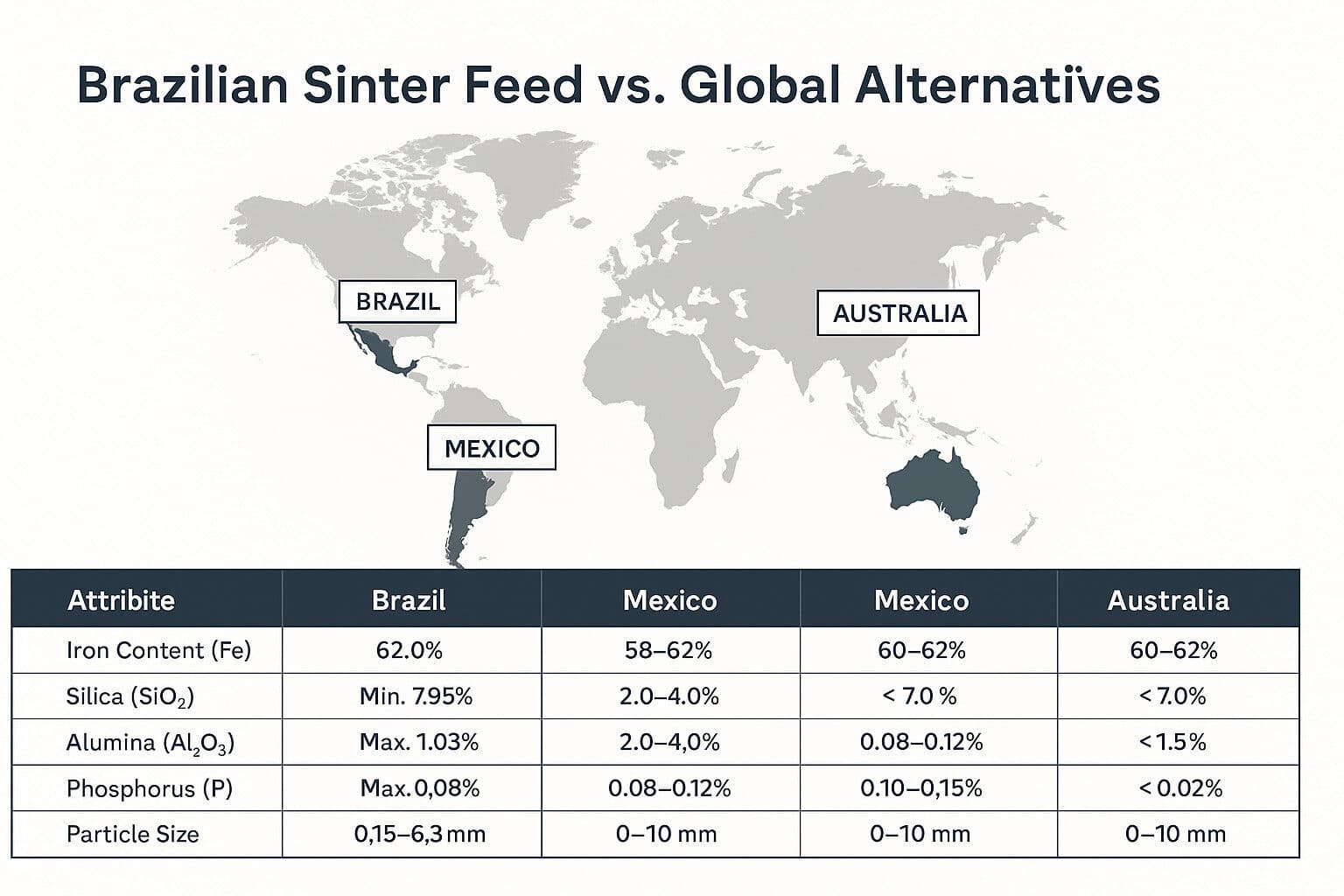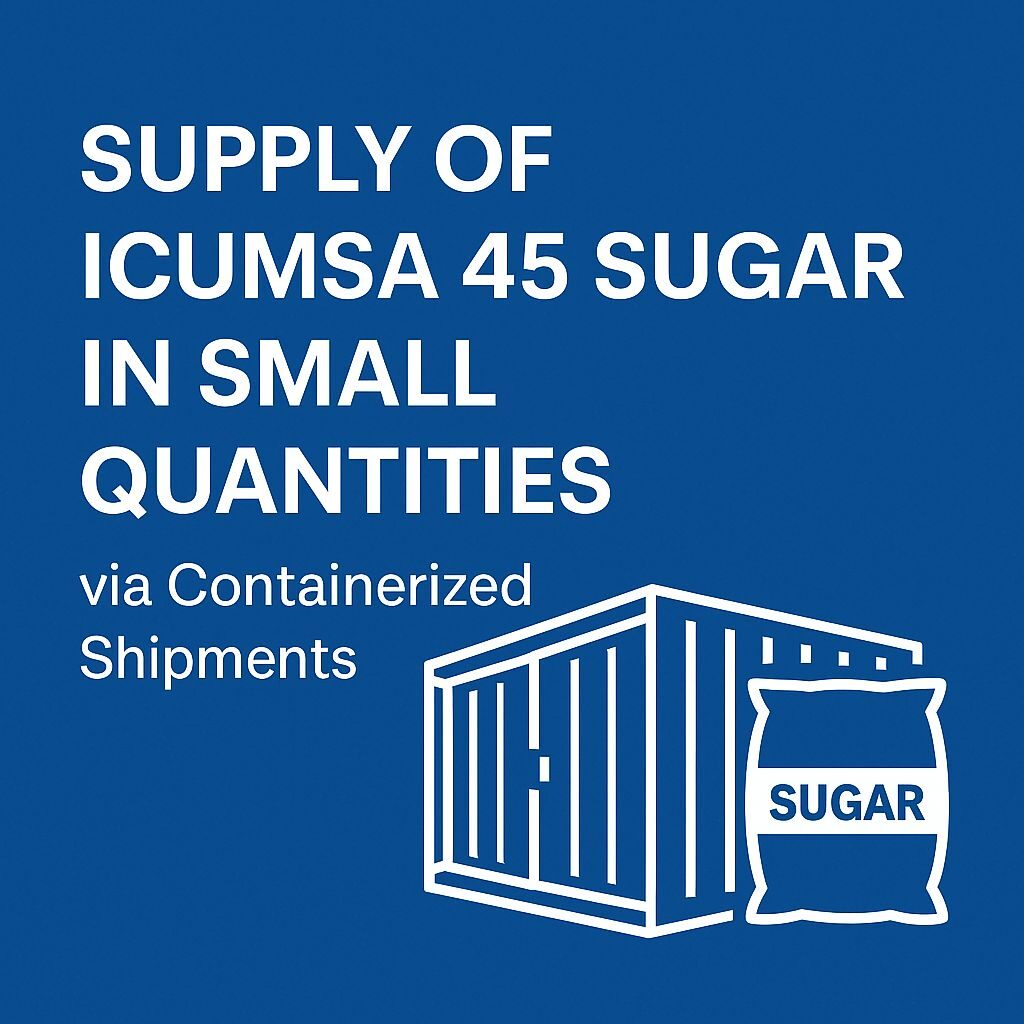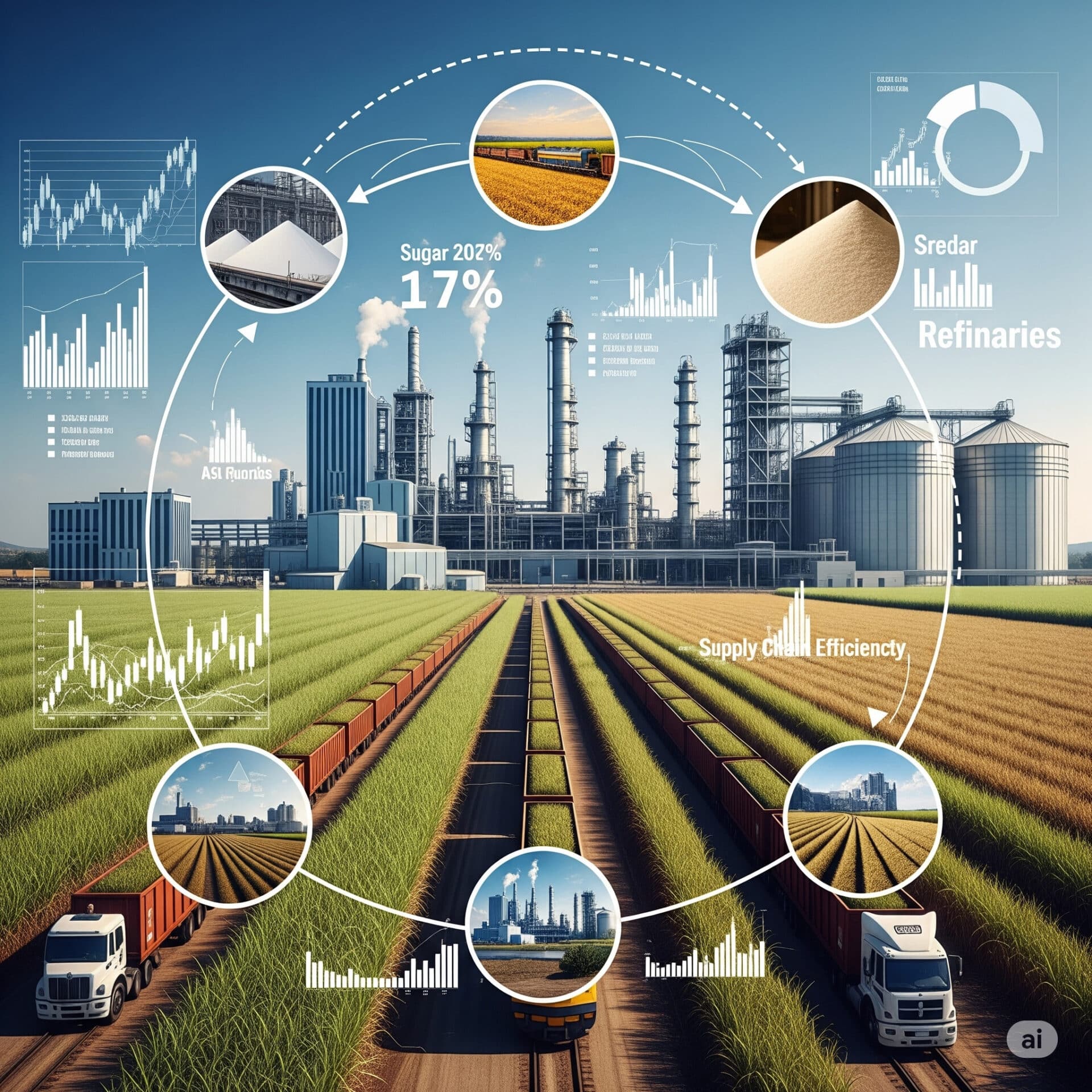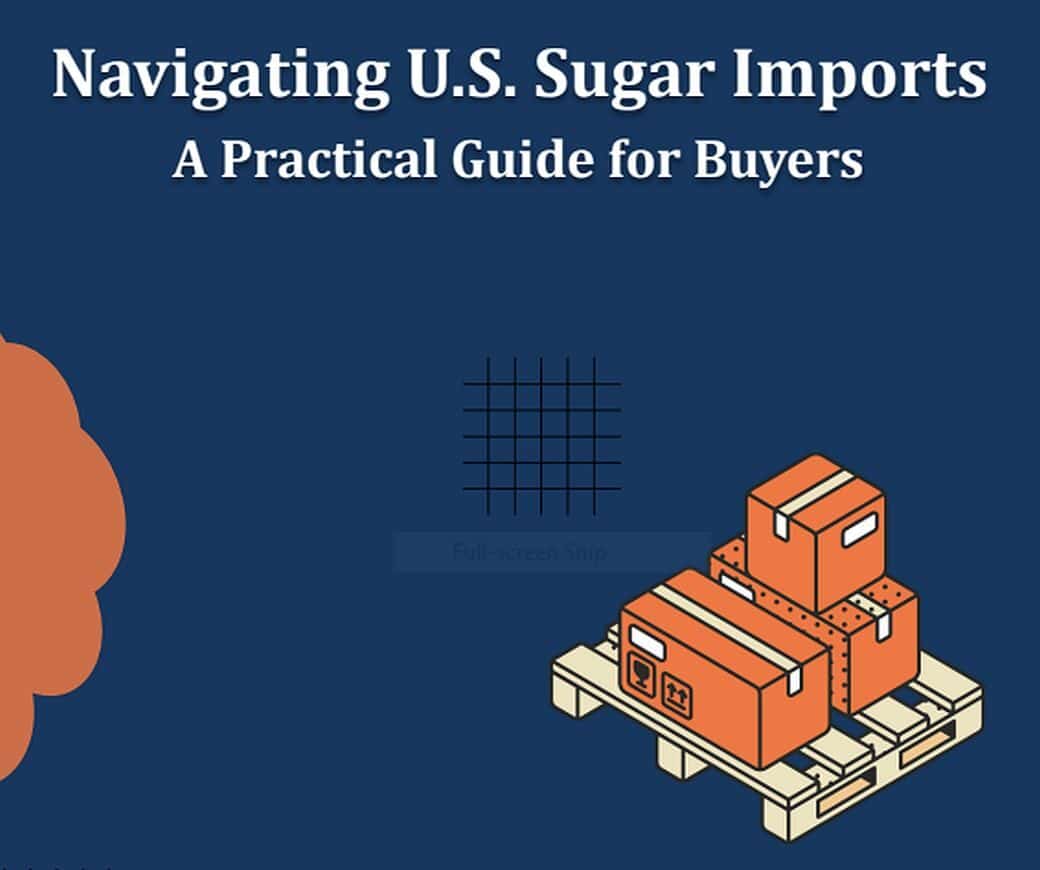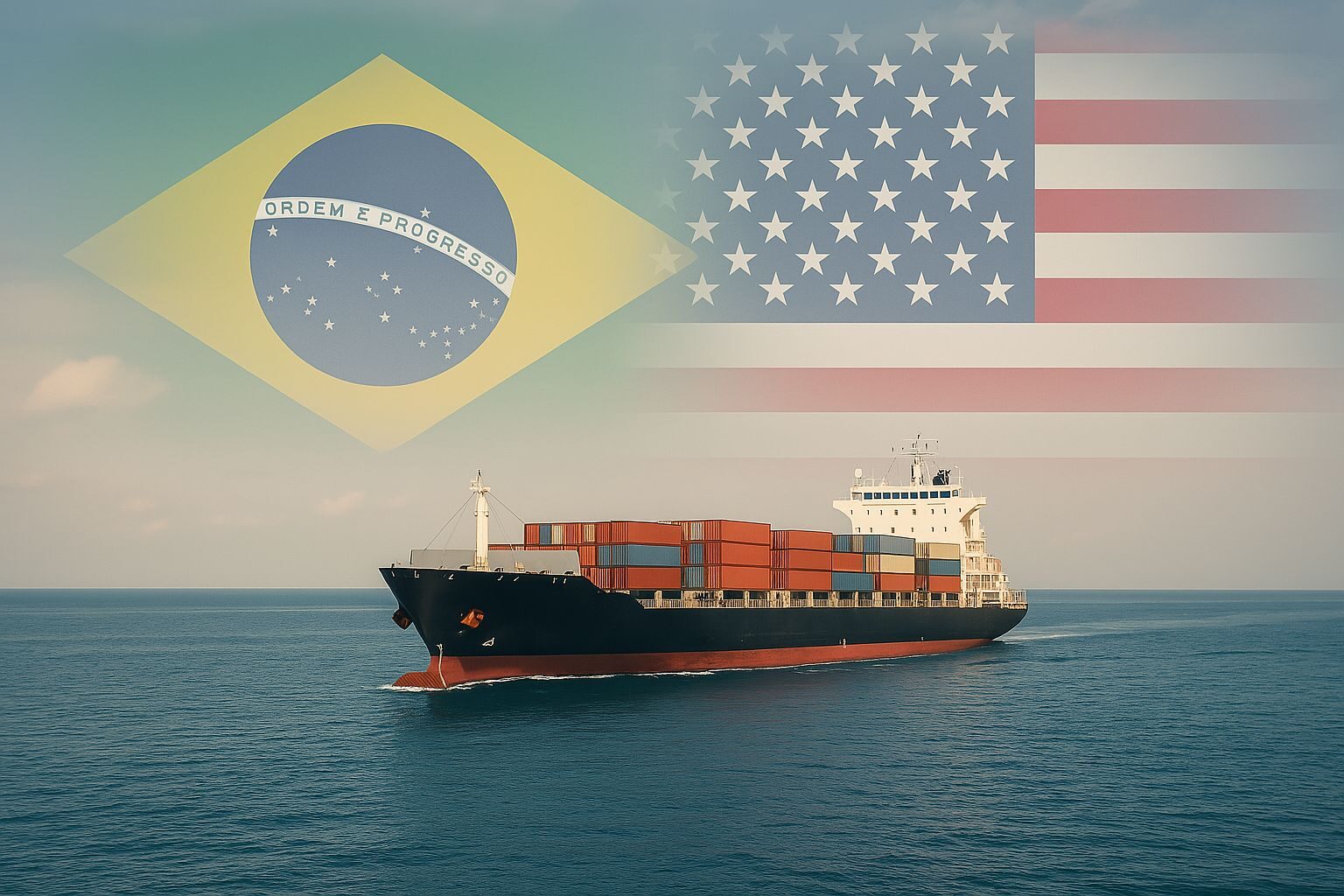Brazilian Sugar: The World’s Largest Producer and Exporter
Brazil is the undisputed leader in the global sugar industry, playing a pivotal role in meeting the world’s insatiable demand for this versatile commodity. As the largest producer and exporter of sugar, the country’s success is rooted in its favorable climate, vast agricultural land, and advanced farming techniques that have propelled it to the forefront of sugar cultivation.
At the heart of Brazil’s sugar industry lies the cultivation of sugarcane, a crop that is meticulously processed to yield both sugar and ethanol. This dual-purpose utilization of sugarcane has solidified Brazil’s position as a strategic player in the international sugar market, with strong trade relationships spanning Europe, Asia, and the Americas.
The Brazilian sugar industry’s remarkable progress extends beyond mere production figures. It has also made significant strides in implementing sustainable practices, as evidenced by the adoption of environmentally friendly measures across its sugar mills. These include the use of renewable energy sources, such as bagasse (a byproduct of sugarcane processing), to generate electricity, as well as efficient water management systems and other initiatives aimed at minimizing the industry’s carbon footprint.
Brazil’s strategic geographic location and well-developed infrastructure further contribute to the country’s dominance in the global sugar trade. The extensive network of ports, including major hubs like Santos and Paranaguá, handles a significant portion of Brazil’s sugar exports, while the nation’s investment in modern transportation systems, including railways and highways, ensures the seamless movement of sugar from production areas to these key export gateways.
The sheer scale and prowess of Brazil’s sugar industry are truly impressive. Producing approximately 650 million metric tons of sugarcane annually, the country’s sugar exports reach the staggering figure of 30-35 million metric tons per year, catering to diverse global markets. The industry’s commitment to quality and sustainability has earned Brazilian sugar a reputation for high standards and competitive pricing, making it a highly sought-after commodity in international markets.
The Brazilian sugar industry’s success is underpinned by its embrace of advanced production techniques. Mechanized harvesting, precision farming, and the adoption of genetically modified sugarcane varieties have all contributed to enhanced efficiency and improved yields. Moreover, the industry’s unwavering focus on sustainability has led to the implementation of efficient resource utilization, reduced greenhouse gas emissions, and the attainment of various sustainability certifications, such as Bonsucro and Fairtrade.
For international buyers seeking to source Brazilian sugar, the process is streamlined and flexible. The primary port for sugar exports, the Port of Santos, offers a reliable and well-established channel for trade, with typical contract terms ranging from 12 to 60 months and a minimum order size of 12,500 metric tons. Buyers can either work directly with mills and refineries or leverage the expertise of trading companies to facilitate their sourcing strategies.
While the Brazilian sugar industry faces challenges, such as market fluctuations, price volatility, and the impact of climate change, it also presents significant opportunities. The growing global demand for sugar and ethanol, coupled with advancements in production technologies and the rising consumer preference for sustainably sourced products, position Brazil as a leader in the global sugar market, poised to capitalize on these favourable trends.
Brazilian Sugar: A Diverse Sweetener Portfolio
As the world’s largest producer and exporter of sugar, Brazil offers a wide variety of sugar types to meet the diverse needs of domestic and global markets. The country’s sugar industry has evolved over decades to cultivate numerous sugar varieties, each with unique properties and applications.
One of Brazil’s primary sugar exports is Plantation White Sugar. Derived directly from sugarcane, this refined white sugar is the most commonly traded type on the global market. It is sought after for its purity, consistency, and suitability for a broad range of food and beverage applications.
In addition to Plantation White, Brazil also produces significant quantities of Refined White Sugar. This sugar undergoes further processing to achieve an even higher degree of refinement and purity. Refined White Sugar is favored by industrial food manufacturers for its versatility and ability to perform consistently in recipes and formulations.
For consumers seeking less-processed options, Brazil offers Demerara Sugar and Muscovado Sugar. Demerara is a semi-refined cane sugar that retains more of the sugarcane’s natural molasses flavor and golden-brown color. Muscovado is an unrefined, artisanal sugar with a rich, caramel-like taste and coarse, uneven crystals.
Brazil’s sugar diversity also extends to specialty varieties like Organic Cane Sugar and Fair Trade Sugar. These niche products cater to growing consumer demand for sustainably-sourced, ethically-produced sweeteners.
Overall, the Brazilian sugar industry’s ability to supply this wide range of sugar types – from basic white to artisanal specialty – has been a key factor in the country’s dominance of the global sugar trade. This versatility allows Brazilian sugar to fulfill the evolving needs of food manufacturers, confectioners, and health-conscious consumers worldwide.
In conclusion, Brazil’s sugar industry stands as a testament to the country’s agricultural prowess and its commitment to sustainability. As the world’s largest producer and exporter of sugar, Brazil continues to play a vital role in meeting the global demand for this essential commodity. With its advanced production techniques, robust supply chain infrastructure, and focus on environmental and social responsibility, the Brazilian sugar industry remains a strategic pillar in the international sugar trade.

